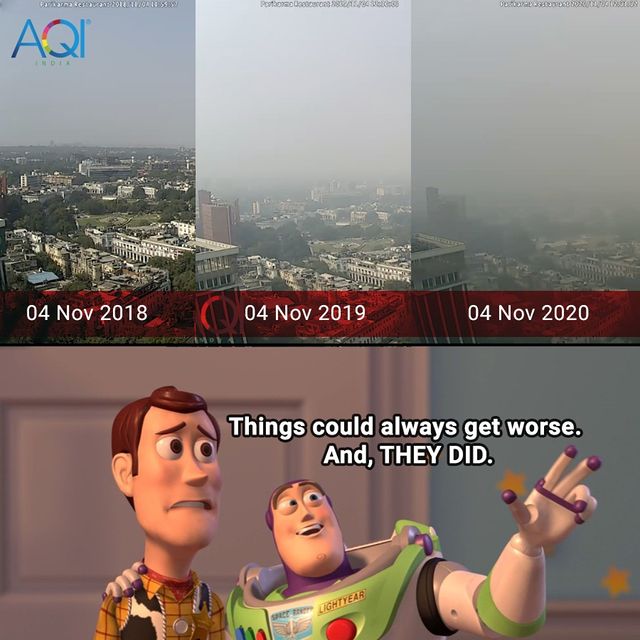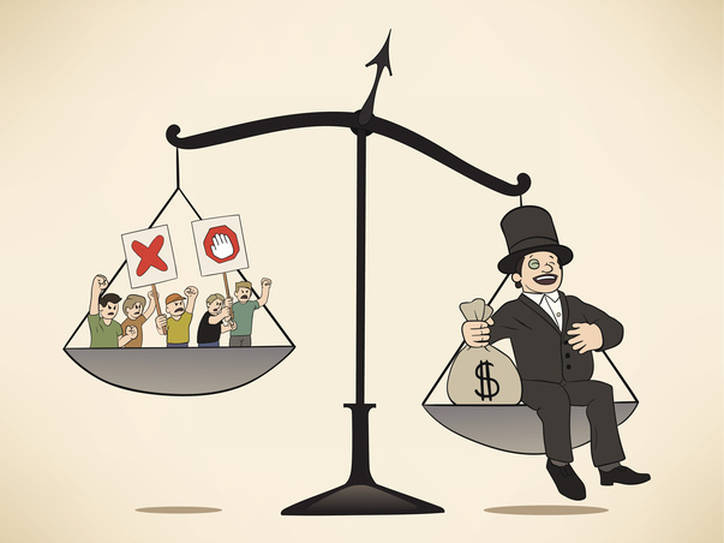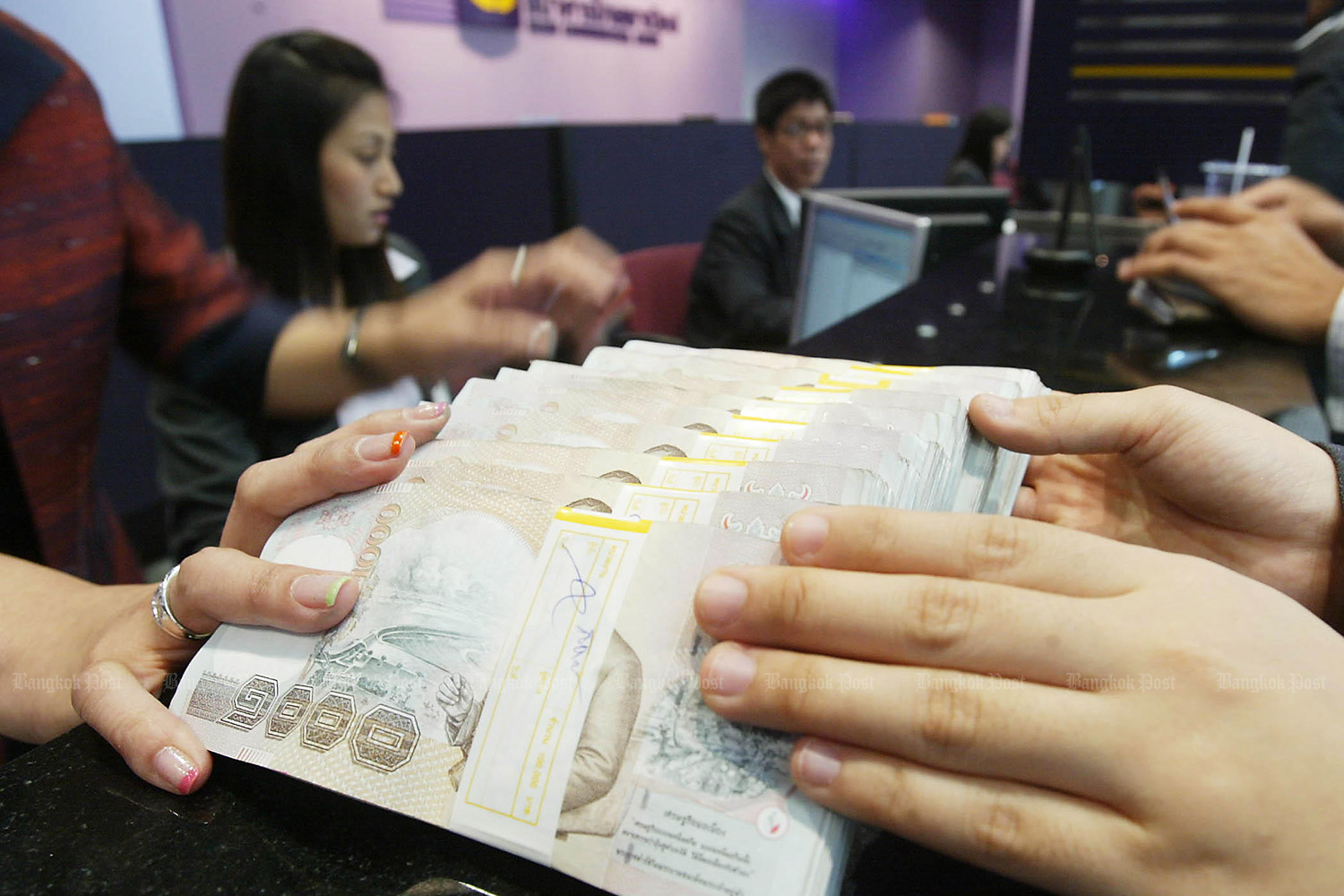 |
According to "https://shorturl.at/eiFLS", Air pollution in Thailand is a complex and urgent problem with significant consequences for public health, the environment, and the economy.
There are a number of things that can be done to address the problem of air pollution in Bangkok. These include:
1. Reducing emissions from vehicles: Vehicle emissions are a major source of air pollution in Bangkok. The government can implement policies to reduce vehicle emissions, such as stricter emissions standards, fuel efficiency standards, and carpooling and public transportation incentives.
2. Reducing emissions from industry: Industry is another major source of air pollution in Bangkok. The government can implement policies to reduce industrial emissions, such as stricter emissions standards and subsidies for cleaner technologies.
3. Protecting forests: Forests play an important role in filtering air pollution. The government can implement policies to protect forests, such as reforestation programs and sustainable logging practices.
4. Educating the public about air pollution: The government can educate the public about the dangers of air pollution and how to reduce their exposure. This can be done through public awareness campaigns and school programs.
Reference:
1. https://www.ncbi.nlm.nih.gov/pmc/articles/PMC3094431/#:~:text=The%20main%20source%20of%20PM,2001).
2. https://www.unescap.org/blog/deciphering-black-box-air-pollution-data-thailand#:~:text=Additional%20sources%20of%20air%20pollution,in%20comparison%20with%20Chiang%20Mai.
3. https://blog.ecosia.org/how-trees-reduce-air-pollution-world-environment-day/#:~:text=The%20world's%20forests%20absorb%20a,these%20chemicals%20from%20the%20air.

 Home
Home













